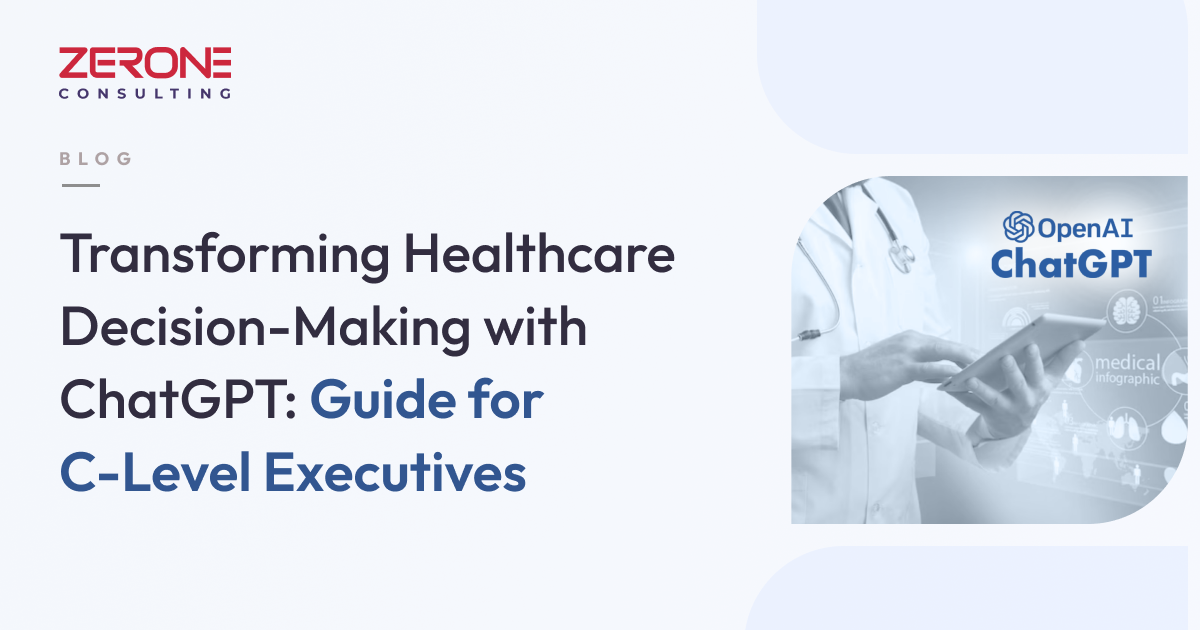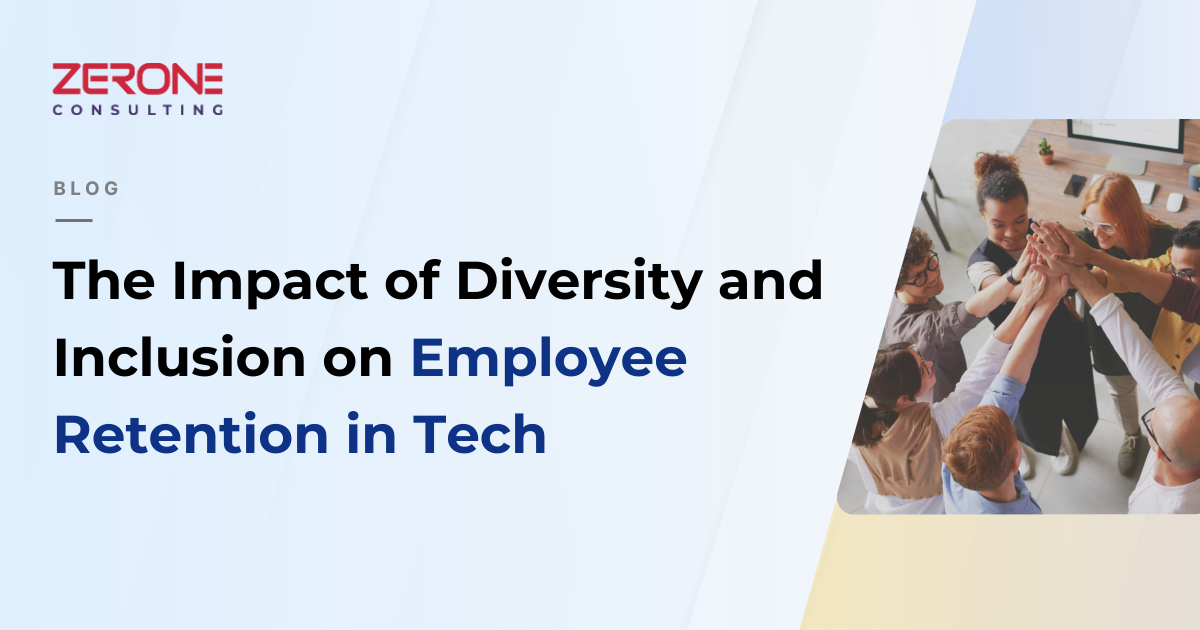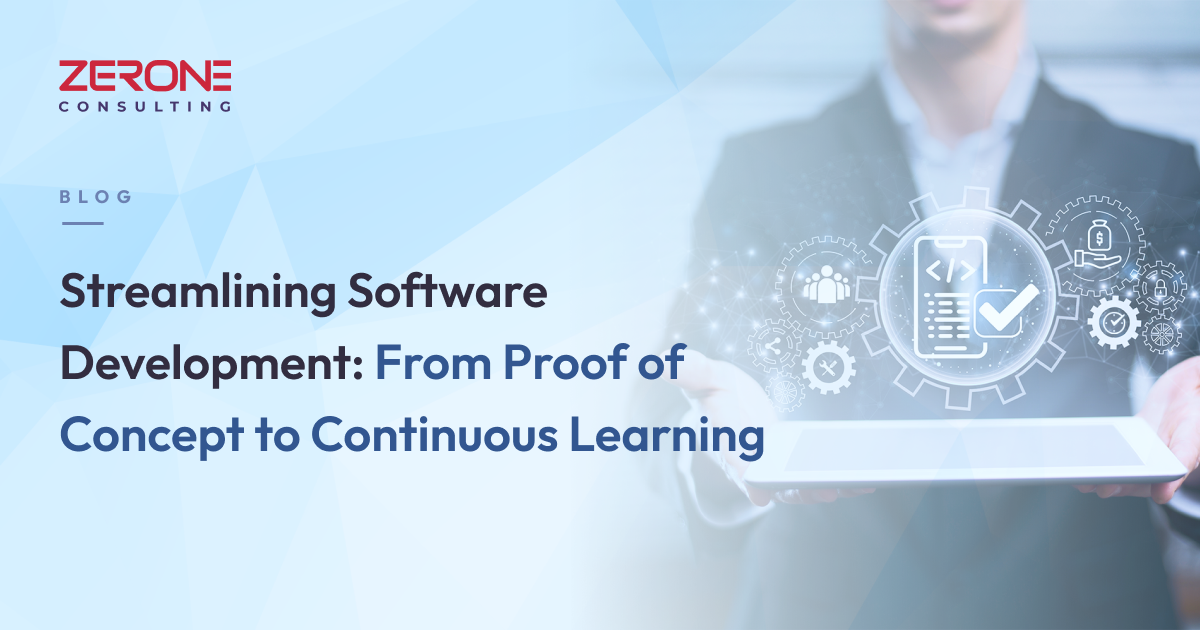Transforming Healthcare Decision-Making with ChatGPT: Guide for C-Level Excecutives

Healthcare, as an industry, is marked by rapidly evolving technologies, increasing regulations, and the need to optimize resources. It is one such sector where informed decision-making occupies itself as an essential pillar.
Healthcare decision-making is a critical process with far-reaching implications on patient outcomes, operational efficiency, and the overall reputation of healthcare organizations.
Advanced AI tools, such as OpenAI’s ChatGPT, offer C-level executives the necessary support and insights to make better decisions in the complex world of healthcare. This article delves into the challenges of healthcare decision-making, the role of ChatGPT, and its potential future implications for the industry.
The Challenges of Healthcare Decision-Making
Healthcare decision-making is no easy task. Many critical factors influence the choices and strategies adopted by C-level executives. Among the most significant challenges in this domain are:
-
Balancing cost and quality: Striking the right balance between providing high-quality care and maintaining financial sustainability is a perpetual challenge for executives in the healthcare industry.
-
Navigating regulatory compliance: With a myriad of regulations governing healthcare, decision-makers must ensure that their organizations remain compliant to avoid costly penalties and reputational damage.
-
Managing data privacy: Protecting sensitive patient data is paramount in the healthcare industry. Top-level executives must implement robust security measures to guard against data breaches and unauthorized access .
-
Adapting to new technologies: The rapid pace of technological advancement in healthcare necessitates continuous adaptation, requiring executives to identify and integrate new tools and systems to benefit their organizations.
-
Workforce management: Decision-makers must recruit and retain a skilled workforce while navigating labor shortages and evolving expectations for employee wellbeing and satisfaction.
The Role of ChatGPT in Healthcare Decision-Making
ChatGPT, based on the GPT-4 architecture, harnesses the power of natural language processing to analyze and generate human-like text. This makes it an invaluable tool for C-level executives seeking better decision-making support in healthcare. Here are a few ways in which ChatGPT can assist in healthcare decision-making:
-
Data-driven insights: ChatGPT can process and analyze vast amounts of structured and unstructured data, providing executives with actionable insights that inform their decisions.
-
Risk analysis and mitigation: By assessing historical data and identifying trends, ChatGPT can highlight potential risks and recommend strategies for risk mitigation.
-
Time and cost savings: ChatGPT can automate various data analysis and decision-making processes, reducing the time and resources required for these tasks and freeing executives to focus on other strategic priorities.
-
Customized solutions: The AI tool can be tailored to the unique needs of individual healthcare organizations, ensuring that its insights and recommendations are contextually relevant and actionable.
Several healthcare organizations have successfully implemented ChatGPT, achieving improved operational efficiency, better patient outcomes, and reduced costs.
Successful Implementation of ChatGPT in Healthcare Decision-Making
-
Hospital resource allocation: An extensive hospital system utilized ChatGPT to analyze patient data, predict service demand, and optimize resource allocation. This resulted in reduced wait times, increased patient satisfaction, and more effective use of resources.
-
Clinical trial design: A pharmaceutical company leveraged ChatGPT to identify trends and patterns in clinical trial data, enabling them to design more effective trials and streamline their drug development process.
-
Population health management: A public health agency used ChatGPT to process and analyze large datasets on community health, helping them identify at-risk populations, develop targeted interventions, and allocate resources more efficiently.
Future Implications of ChatGPT in Healthcare Decision-Making
The potential for ChatGPT to revolutionize healthcare decision-making is immense, with many opportunities for further innovation and development in this area:
-
Enhanced predictive capabilities: As AI technology continues to advance, future iterations of ChatGPT could predict healthcare trends, patient outcomes, and resource needs with even greater accuracy, allowing for more proactive and targeted decision-making.
-
Integration with other AI tools: By combining ChatGPT with other AI tools, such as machine learning algorithms and computer vision technologies, healthcare organizations could develop more comprehensive and robust decision-making solutions.
-
Real-time decision support: ChatGPT could evolve to offer real-time decision support for C-level executives, enabling them to make more informed decisions in time-sensitive situations.
-
Improved accessibility and scalability: As ChatGPT becomes more widely available and affordable, smaller healthcare organizations and those in low-resource settings could benefit from its capabilities, democratizing access to advanced decision-making tools.
Recommendations for C-Level Executives
As ChatGPT and similar AI technologies continue to reshape healthcare decision-making, it is essential for C-level executives to:
-
Stay informed about AI advancements: Regularly update your knowledge of AI technologies and their potential applications in healthcare to make the most of emerging opportunities.
-
Invest in AI integration: Allocate resources for adopting and integrating AI tools like ChatGPT within your organization to improve decision-making processes and drive better outcomes.
-
Foster a culture of innovation: Encourage a mindset that embraces technology and innovation among your workforce, promoting continuous learning and adaptation.
-
Prioritize data privacy and security: Ensure that implementing AI tools does not compromise data privacy and security by establishing robust data governance policies and practices.
Conclusion
In this changing world fueled by disruptive advancements in AI, tools like ChatGPT can potentially transform healthcare decision-making — especially for stakeholders such as C-level executives — by providing valuable insights, automating processes, and enabling better risk analysis. With the successful implementation in various healthcare organizations and the vast potential for future innovation and development, ChatGPT is poised to become an indispensable tool for healthcare decision-makers.
The time is right for C-level executives to consider embracing ChatGPT and other AI technologies to enhance their decision-making capabilities. This can ultimately lead to improved patient healthcare outcomes, increased operational efficiency, and more resilient organizations. By staying informed about AI advancements, investing in AI integration, fostering a culture of innovation, and prioritizing data privacy and security, executives can ensure that their organizations remain at the forefront of the healthcare industry.
The Green Revolution: A Tale Of Technology Giants Striding Toward Sustainability
#Customapplicationdevelopment
Harnessing The Power Of Diversity And Inclusion For Employee Retention In Tech
#Customapplicationdevelopment
Streamlining Software Development: From Proof Of Concept To Continuous Learning
#Customapplicationdevelopment



